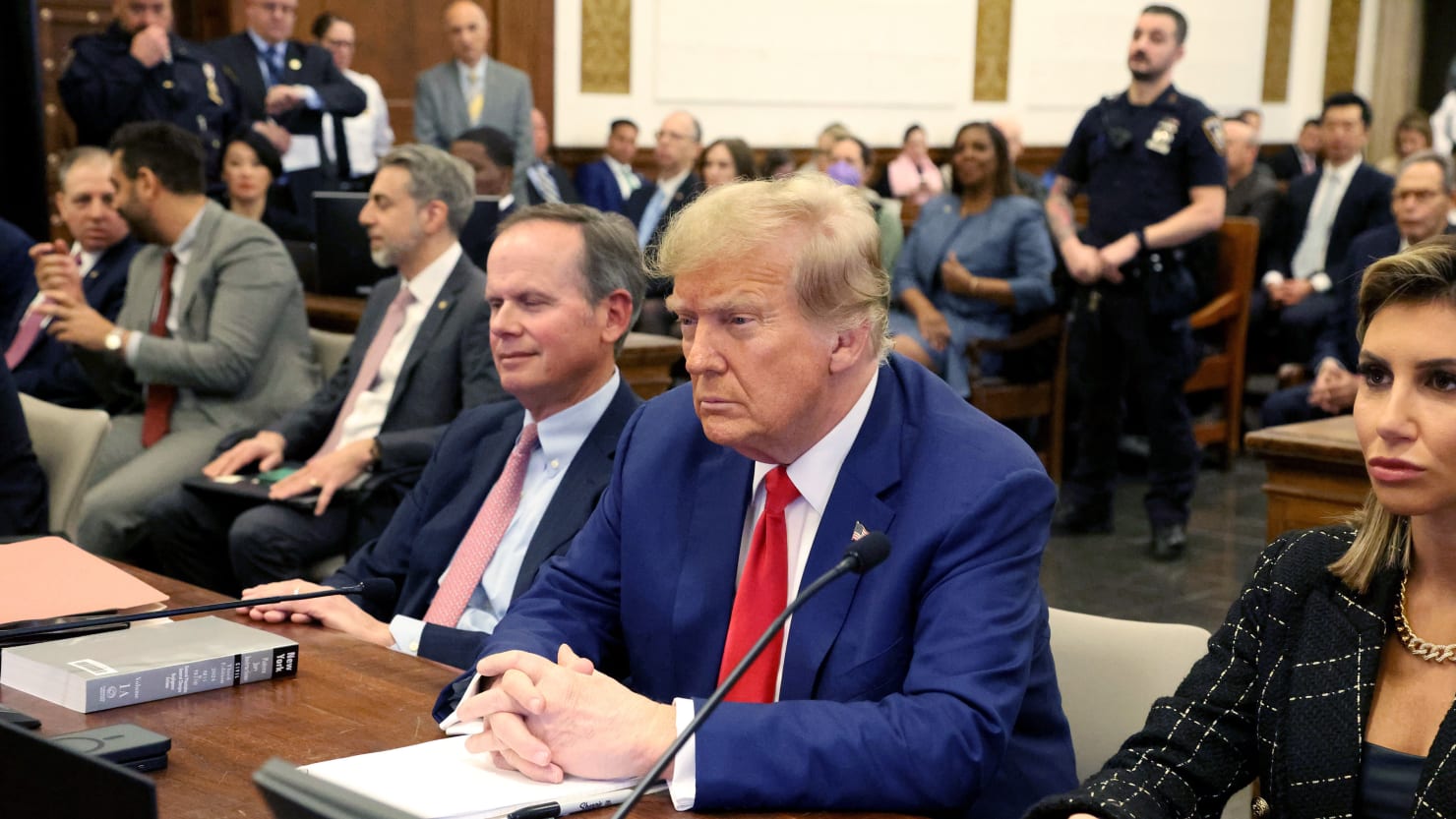A coalition of U.S. history scholars have filed an amicus brief to the Supreme Court, agreeing with the state of Colorado that the 14th Amendment’s insurrectionist clause should bar Donald Trump from presidential candidacy this year.
The 25 historians have expertise in the Civil War and Reconstruction eras, the period in which the 14th Amendment was added to the Constitution. They argue that upon its addition in 1866, “decision members crafted Section III to cover the President and to create an enduring check on insurrection, requiring no additional action from Congress.”
Trump’s lawyers have objected to the Colorado ruling, arguing that the ex-president’s behavior doesn’t amount to insurrection and that Section III of the 14th Amendment exempts presidents from the rule. A lower appeals court ruled in Trump’s favor, which prompted the state to appeal the decision to the highest court in the land.
The 14th Amendment itself states that no person shall “hold any office, civil or military, under the United States” if that person “had previously taken an oath” as “an officer of the United States” and “engaged in insurrection or rebellion against the same, or given aid or comfort to the enemies thereof.”
In their brief, the historians gave contemporary evidence from the 1860s and 1870s that this clause was understood to cover the president. Using Senate-floor debate between two members involved in the drafting, they argue that the president was unquestionably included in the meaning of “an officer under the United States.” They also gave evidence from the 1787 Constitutional Convention, in which framers frequently referred to the president as a “national officer.”
“For historians, contemporary evidence from the decision-makers who sponsored, backed, and voted for the 14th Amendment is most probative,” the historians wrote. In doing so, they adopted the originalist interpretation of the Constitution that the Supreme Court’s conservative majority has employed in recent rulings, including in the rollback of Roe v. Wade.
Colorado is one of several states that has attempted to remove Trump from the ballot. Of the 35 states with filed challenges, only two—Colorado and Maine—successfully disqualified Trump, with those decisions appealed to the Supreme Court. Sixteen states have yet to make a decision regarding Trump’s candidacy, and the remaining 17 have thrown out the filings.
States like Colorado cite the former president’s role in inciting the Jan. 6 insurrection as why he should be ineligible to run for office again. Following the 2020 election, Trump refused to admit defeat to President Joe Biden, falsely attacked the integrity of the electoral system, and attempted to rouse supporters to “stop the steal” of the presidency.
After a Trump rally—where the ex-president repoeated his election fraud lies and urged his reporters to “fight like hell”—insurrectionists flooded the Capitol with the intent of preventing Congress from certifying the election results.
The appeals case is running on an expedited timeline, with the Supreme Court set to hear arguments on Feb. 8. A decision is likely to follow soon after. Colorado’s primary will be held, along with several other states, on Super Tuesday, March 5.

